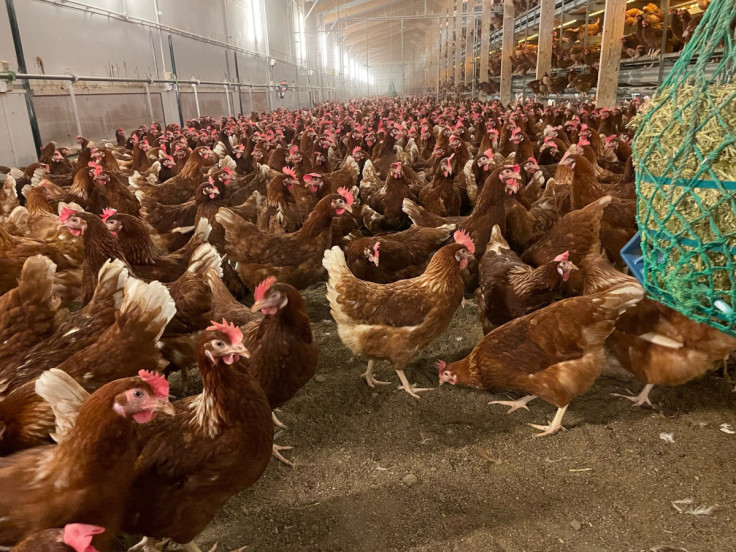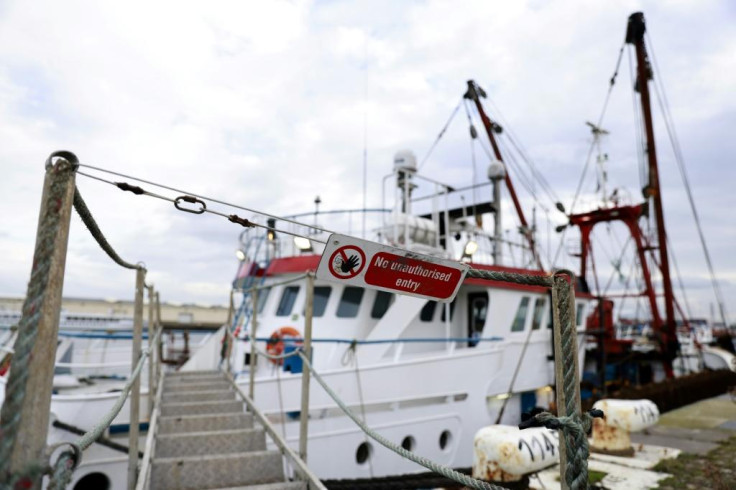Food security in the UK: The post-Brexit reality for farming and fishing
Farming and Fishing are the two UK sectors most impacted by Brexit. Experts discuss what needs to be done to recover from Brexit and thrive in the future.

The UK Trade and Business Commission hosted an evidence session on the current state of the UK farming and fishing industries on 9 March 2023. The talk focused on the impact of Brexit on these two industries - which are the most impacted sectors of the economy post-Brexit.
Speakers from both sectors underscored the importance of their industries to the UK's food security - particularly demonstrated by current global pressures including the Ukraine War and resultant supply shocks.
According to Richard Griffiths from the British Poultry Council, the poultry industry produces half of the meat consumed in the UK, with a corresponding tax contribution and employment.
Similarly, Nick von Westenholz from the National Farmers' Union pointed out that over 70% of the UK land mass is farmed environment. If farmers were to no longer manage this land, the country would have a costly land management problem on its hands.
At 0.5% GDP, the contribution from farming may appear small, but in fact, it underpins a wider food production system.
Speaking on the importance of fishing, Elspeth MacDonald, Chief Executive of the Scottish Fishermen's Federation said that the UK fishing industry had landed just under a billion pounds of fish in 2021. This is particularly important in Scotland, which is responsible for 40% of production but accounts for only 8% of the UK population.
"Fish and chips is the UK's national dish after all," Dr Bryce Stewart of the University of York stressed the cultural significance of the fishing industry. He also connected this to the tourism revenue brought in by seaside and fishing towns.
Both sectors are feeling the pressure of the post-Brexit regulatory environment, which is putting domestic producers at a disadvantage compared to foreign competitors.
Another common theme was the detrimental impact of post-Brexit immigration policies. Nick von Westenholz said that ending the free movement of labour has created a serious challenge.
Speaking on post-Brexit labour relations in fishing, Chris Williams from International Transport Workers' Federation said that Brexit has exacerbated the exploitation of non-EU migrant workers - who are underpaid and are not afforded legal protections - an unsustainable situation.
Taking on sustainability from a slightly different angle, Orla Delargy from Sustain, an organisation working on sustainable food and farming, stated that a balance needs to be struck between food security and environmental land management.
The post-Brexit regulatory uncertainty was highlighted. Orla Delargy further pointed out that although the Common Agricultural Policy under which farmers received EU payments was gone, the government had been slow to implement its replacement, the Environmental Land Management Scheme.
Elspeth MacDonald said that a Fisheries Management Plan was needed. Dr Bryce Stewart added that a full ecosystem approach to fisheries management was needed, rather than various plans based on single species.

Panellists spoke about the recent supply crises the UK is facing, with empty supermarket shelves featuring on the news - and how this underscored the need to address food security holistically.
In particular, there is pressure on farmers to compete with countries such as Australia, where costs are lower due to inferior standards. Australian farmers use more hazardous pesticides and more antibiotics than do UK farmers - the latter being subject to stricter domestic controls.
Whilst Orla welcomed controls to protect the environment and food quality, she urged the government to level the playing field by requiring the same standards of imports.
On the fishing front, Phil Haslam from the North Atlantic Fishing Company opined that the "take back control" rhetoric of Brexit had not borne out in practice - and in fact, had a detrimental impact on the operation of "UK waters".
Speakers urged parliament not to rush through legislation including trade deals, but to take the long view. They appealed to the government to implement the necessary plans to safeguard the future of UK food production.
© Copyright IBTimes 2025. All rights reserved.






















